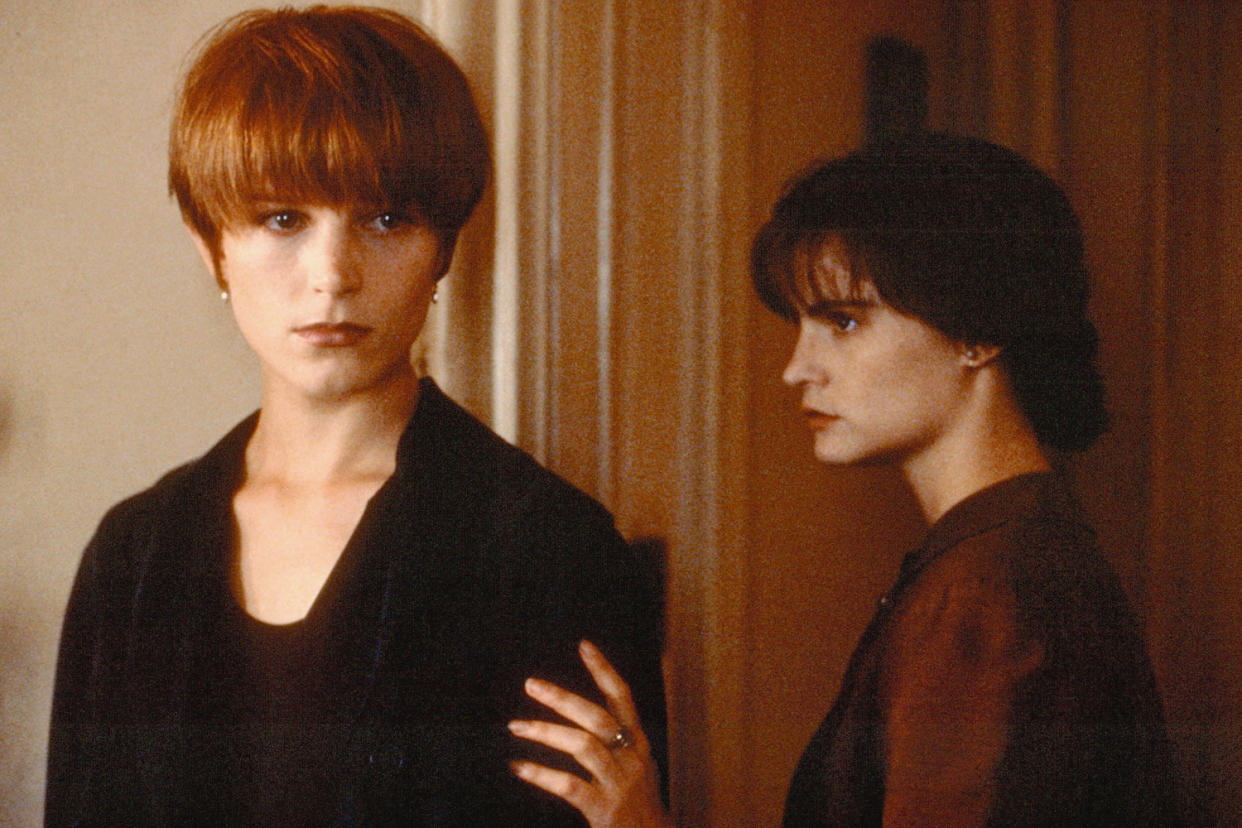Based on a True Story by Delphine de Vigan translated by George Miller - review

Six years ago the author Delphine de Vigan published Nothing Holds Back the Night, a harrowing account of a family haunted by suicide and mental illness which won a clutch of literary awards.
The narrator, a writer whose first book bears the same title as Vigan’s own debut, describes the experience of being brought up by a mother, Lucile, who suffers from bipolar disorder. After Lucile’s suicide, her daughter gathers the recollections of her extended family to compose a portrait of their troubled family life.
In her acknowledgments, de Vigan thanks “my sister, my mother’s siblings, my father’s sisters and everyone who gave me their trust and their time”.
The English edition of the work described it as “autobiographical fiction” but the text itself continually questions its own form. “Unable to free myself completely from reality, I am involuntarily producing fiction,” the narrator reflects. “I’m looking for a place which is neither truth nor fable but both at once.”
The search for that liminal territory between truth and fiction continues in de Vigan’s latest novel, Based on a True Story. The narrator is a writer named Delphine whose last book, a work based on her mother’s bipolar disorder, has been a sensational success. But success has its cost.
After an interminable book-signing she refuses to autograph one final book and decides on impulse to go to a party with an old friend rather than join her partner, François (the name of de Vigan’s own partner), in his weekend cottage.
At the party she meets L, an elegant, self-assured woman with an uncanny knack of empathy. As the party ends L offers Delphine a lift home. Some days later an anonymous letter arrives, full of accusations about her motives for writing her last book. Delphine has only just finished reading the letter when her phone rings. It is L, suggesting they meet.
Their meeting is the start of an insidious process by which L, who claims to be a ghost writer by trade, gradually comes to inhabit, undermine and all but obliterate Delphine’s career, personality and, in the end, her very existence.
The ancient idea of the doppelgänger has inspired narratives from Doestoyevsky’s novella, The Double, to Barbet Schroeder’s 1992 film, Single White Female. De Vigan’s novel can be read as a sophisticated modern take on an old trope (a film adaptation by Roman Polanski and Olivier Assayas is planned).
But she takes her epigraph from Stephen King’s Misery — the story of a successful writer held hostage by a murderous reader who forces him to write at her command — and her narrative is as preoccupied with the relationship between writer and reader as it is with the heroine and her friend-turned-incubus.
De Vigan has said her book was written “in response to our society’s extreme fascination with what is real”, and her heroine is continually challenged about the authenticity of her writing. An unlikely mash-up of thriller and conte philosophique, Based on a True Story insists on the author’s right to blur the lines. Asked by a Paris-Match interviewer if L existed, de Vigan replied, “Yes, in one form or another.”
£12.99, Amazon, Buy it now

 Yahoo News
Yahoo News 
